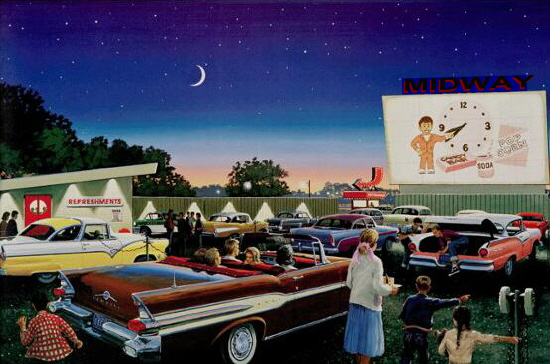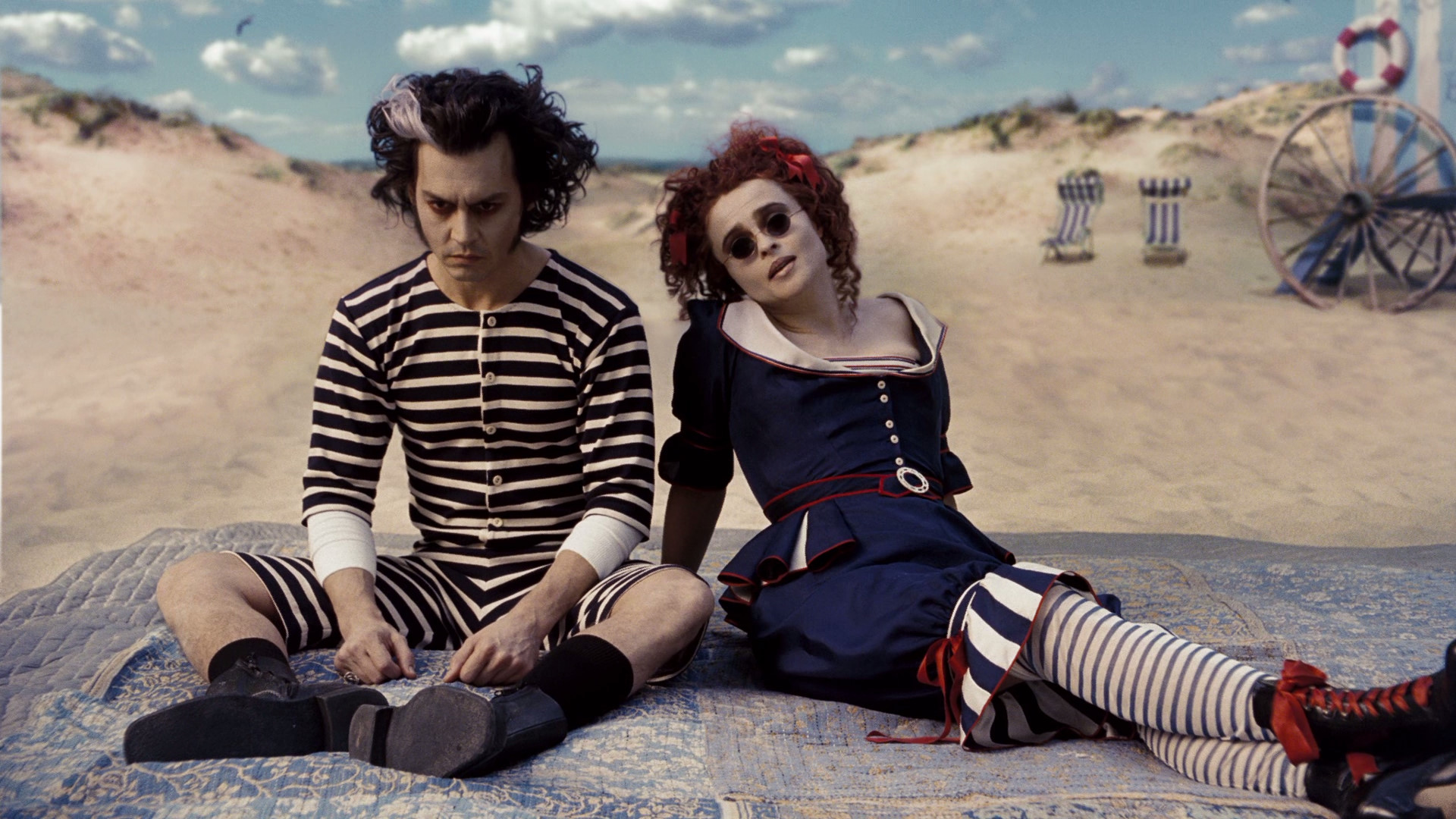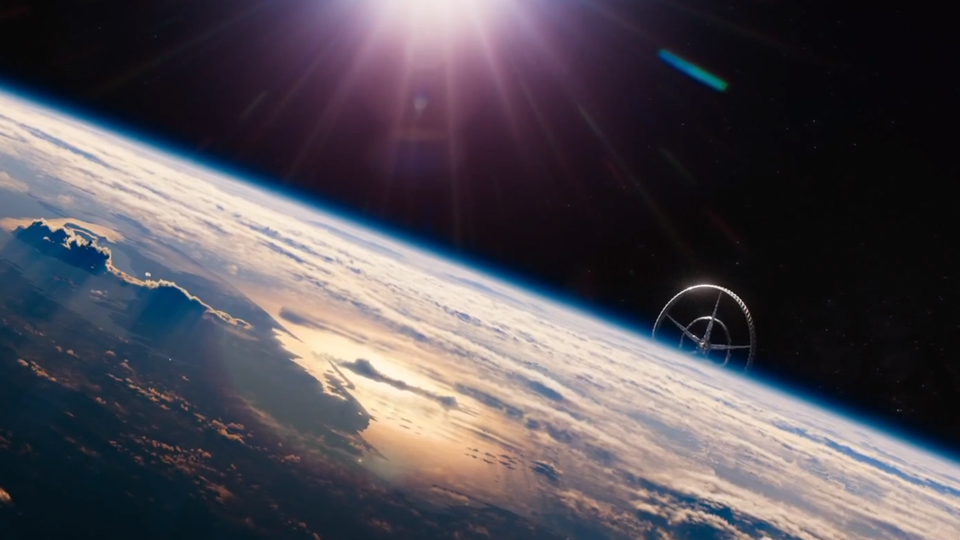It seems that recently, film audiences have been having a hard time enjoying films. In fact, it has even become trendy to see a new film, and immediately post to Facebook or Twitter about what you didn't like about it.
Of course, sometimes harsh criticism is well deserved. It's not wrong to genuinely dislike a film, regardless of how popular it is or how much money it is making. However, it seems that many modern movie-goers head to the cinema with the sole purpose of picking apart a film to highlight even the most minor, trivial problems. On this list, we'll take a look at some of the worst things audiences tend to do, and why they're ruining everyone else's fun at the movies.
5. Judging The Actors
With more and more character actors becoming big names in Hollywood, typecasting tends to run rampant. Michael Cera is always an awkward teenager, Seth Rogan is always a lovable loser, and so on and so forth. However, many movie-goers misjudge this as "bad acting" with no actual knowledge of even the slightest idea of what good acting really is.
For most people, there are only two, opposite ends of the spectrum: you're either Tommy Wiseau bad or Daniel Day-Lewis good. There is no middle ground. This, of course, comes from the fact that, despite what they read on the internet, the majority of audience members have absolutely no idea what good or bad acting really is.
More often than not, people believe that typecast actors are "bad actors" because they play similar characters. This logic, of course, completely ignores the fact that the screenwriter wrote this character and that the director dictates how exactly the character is portrayed on screen, and has very little to do with the actor, but, you know, why use logic when it's just so trendy to hate? Likewise, if you're an actor who is fantastic at playing a certain type of character, why wouldn't you continue to do so? People don't say that Led Zeppelin are a terrible band because they only play Rock music, or that Tupac is terrible for never releasing a free-form Jazz album instead of Rap music. I can understand not wanting to see a film where an actor is playing basically the same character again, but that has nothing to do with that person's acting ability. If it ain't broke, why fix it?
For Example: Johnny Depp. A lot of people truly despise Johnny Depp, and won't even see a movie if he's in it. And why? "Because he's a bad actor" when really, he's a pretty good actor who often plays an edgy, whimsical character. When it really comes down to it, Johnny Depp is barely typecast, and is actually a very diverse actor, but people will always see him as Tim Burton's buddy, and refuse to acknowledge his true talent.
4. Needless Character Comparison
"[Character in film] was basically just a rip-off of [character in something else]" is something that is uttered much too often. It seems that, since pretty much every film these days is an adaptation, a sequel, or a reboot, people have trouble believing that original ideas exist. As film audiences, we’ve become too accustomed to watching an already fleshed out character come to life on screen for the first time, instead of seeing something fresh and new is. For some people this is just a rejected notion altogether. Everything must be based on something these days. The comparisons range from plausible to utterly ridiculous, and, if they continue, will likely turn studios off to the idea of putting out original films. Sometimes people will go as far as to say that characters are rip-offs if they do something as unimportant as have a similar weapon or have a similar goal.
Much like most of the arguments on this list, there are many cases of this being completely true, however, people will apply this to characters with little-to-no back up for it, other than their own opinion. Many people also don’t seem to understand the concept of being inspired by something else or paying homage to another film. Having similarities to another film is, more often than not, a conscious decision by the director, not a “rip-off”, which assumes that the director attempted to con the audience in some way.
For Example: After Wall-E came out, many people claimed that the character was a shameless rip-off of the robot from Short Circuit. The characters do have undeniable similarities, the most prominent one being the treaded tires, but does this make one a rip-off of the other? Of course not. Both of these robots have similarities to the robot from Rocky IV or the robot from Lost in Space or the robot from Forbidden Planet and countless other robots throughout science fiction film history. This does not make them rip-offs. Every superhero cannot be claimed to be a rip-off just because they wear tights or have capes.
3. Social Media Preachers
As soon as a new, popular film is released, there’s a pretty good chance you’ll see many self-proclaimed film experts giving some sort of harsh criticism through their meaningless Facebook or Twitter pages. This has the unfortunate effect of creating preconceived notions, and even deterring people away from seeing films they might’ve liked, just because some kid from high school thinks he’s Roger Ebert.
I’m ready to admit that I’m being quite hypocritical by posting this on my own blog which is filled with film criticism, however, this is more about the people who simply enjoy putting a film down for the most minor reasons. If you have to sit in front of your computer screen and seriously think about what you can say was bad about the film so that you can tell people it “sucked”, it probably wasn’t that bad. It’s just a trendy thing to do these days. Somehow, having fun at the movies has become incredibly uncool.
For Example: There isn’t really a specific incident of this, as it happens pretty much every weekend all over the Internet.
2. Digging Your Own Plot Holes
Although it is not number one on the list, this is easily the most obnoxious, annoying, and overused thing that people do after seeing a film. About 90% of the time, when people claim that a film was “riddled with plot holes”, it means that they created many of those “plot holes” themselves. It’s necessary to once again repeat that there are many instances of this being very true, however, more often than not, it is completely false. More so than any other type of negative attitudes towards films, this has become the most trendy and repeated.
Sometimes, movies dig their own graves with this. Christopher Nolan's Batman films are marketed as hyper-realistic and gritty, so people meticulously pick them apart and look for any inaccuracy.
Sometimes, movies dig their own graves with this. Christopher Nolan's Batman films are marketed as hyper-realistic and gritty, so people meticulously pick them apart and look for any inaccuracy.
For Example: It’s gotten to the point where people go back to classic films, and create the most contrived plot holes they can think of. People actually claim that Andy pinning the poster back up is a plot hole in The Shawshank Redemption. A plot hole is most often defined as a gap in logic that goes against the grain of the film and takes away from the viewing experience. If you watched The Shawshank Redemption, and truly felt that the film was ruined by the fact that they did not include a scene of Andy pinning the poster back up, then maybe movies really aren’t your thing.
1. Inability To Suspend Disbelief
Everything on this list really boils down to how well an audience can accept the fact that what they’re seeing is pure entertainment, not reality. Suspension of disbelief is the ability of a viewer to temporarily accept the world created by the film in order to truly enjoy the experience. This means that comparing every film to the real world will always ruin the experience of viewing it, and that if you cannot accept the basic premise of the movie’s universe, you can not enjoy the film. Films are inherently unrealistic, and that’s how they’re supposed to be. Nobody is going to pay their hard-earned money to watch a movie that is mind-numbingly boring, but is 100% accurate and realistic.
People have seemingly lost the ability to accept that films are not reality, and therefore refuse to accept any notion that they haven’t experienced in the real world. It has almost single-handedly destroyed the science fiction and fantasy genres. The sci-fi film Elysium is one of the first original science fiction films in a very long time due to this, and I can’t even remember the last popular fantasy film that wasn’t an adaptation. If people want every film to explain how absolutely everything works within that universe, they better be prepared to watch 10-hour movies that are mostly just needless explanation. As a lover of film, it’s truly sad to witness this problem.
For Example: As mentioned previously, science fiction falls victim more often than any other genre, and with the popularity of superhero films, this has been amplified. One example is The Dark Knight Rises, specifically Bruce Wayne’s prison escape/return to Gotham. For some reason, people are willing to believe in a billionaire dressing up in a bat costume, but not that a billionaire can pull some strings to get himself back to the United States, or that someone trained by the most elite assassins in the world could sneak back into a city.
Elysium also fell victim to an utter lack of suspension of disbelief. Viewers are willing to accept a sci-fi future where superhuman robo-suits exist, robots are sentient, space-travel is easily achieved, and a floating utopia is reserved for the rich, but not other various sci-fi elements. More often than not, people can suspend disbelief going into the film, but create criticism without it.







No comments:
Post a Comment